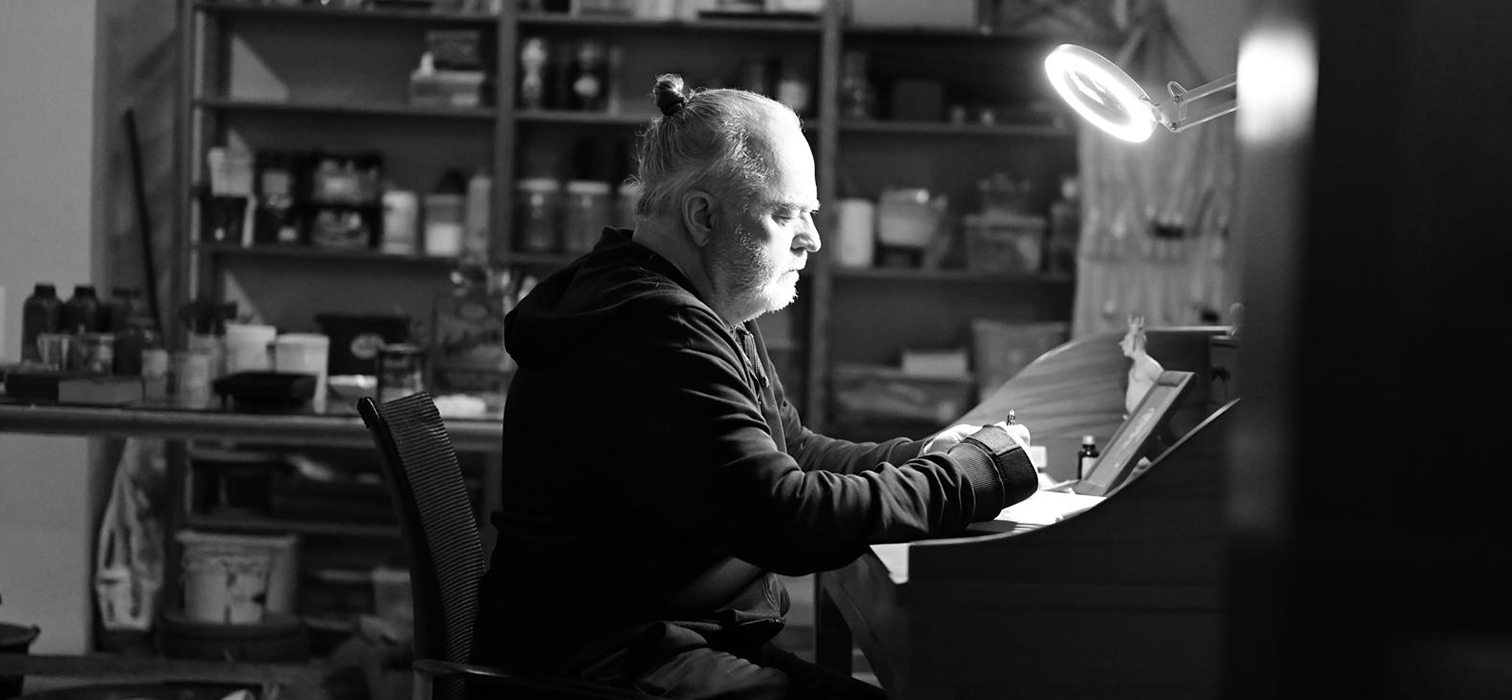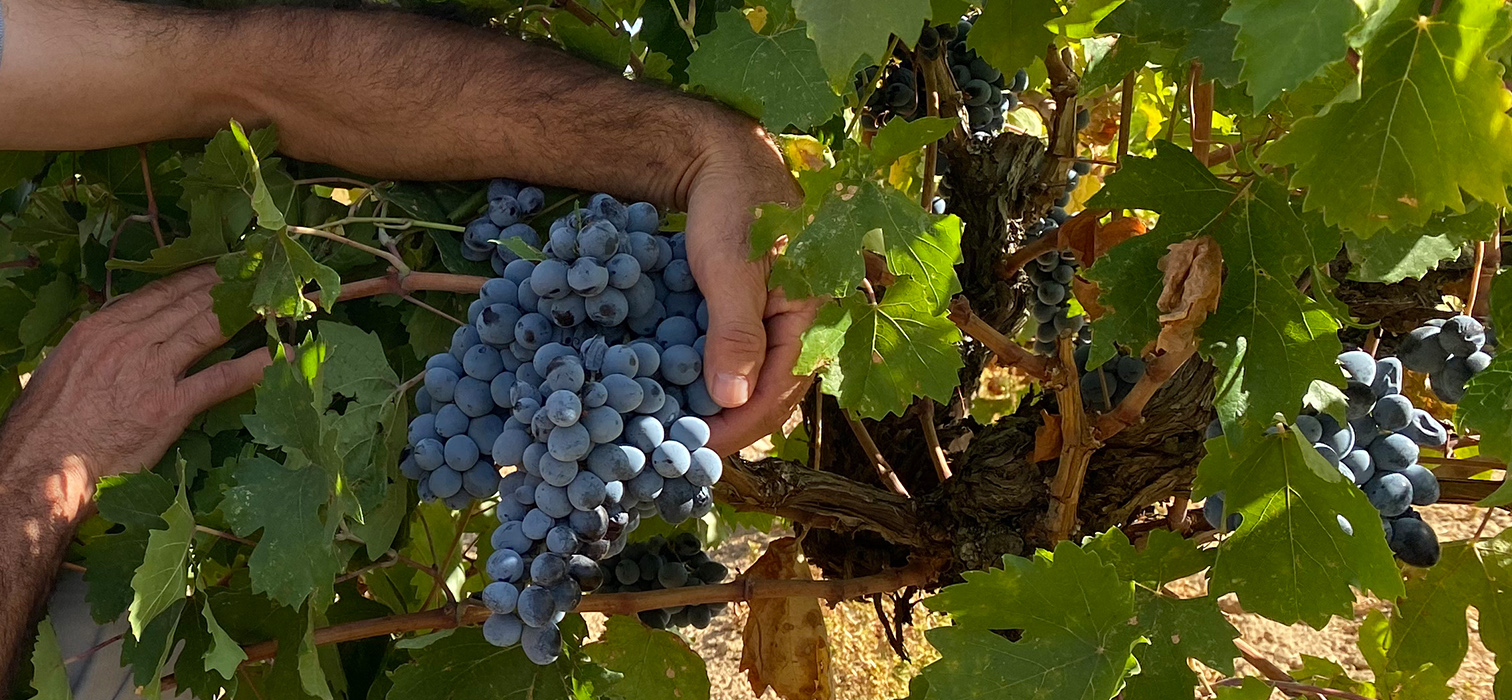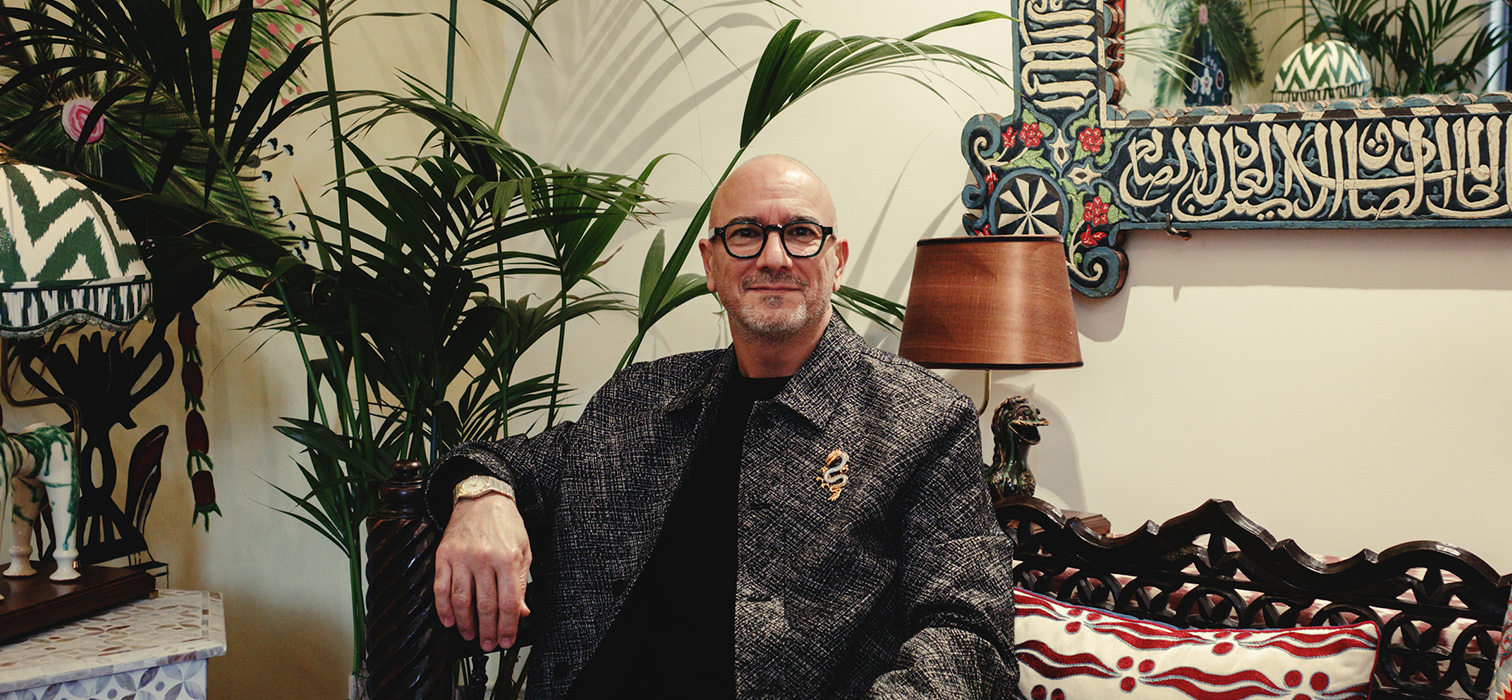In Conversation with Mine Ekinci
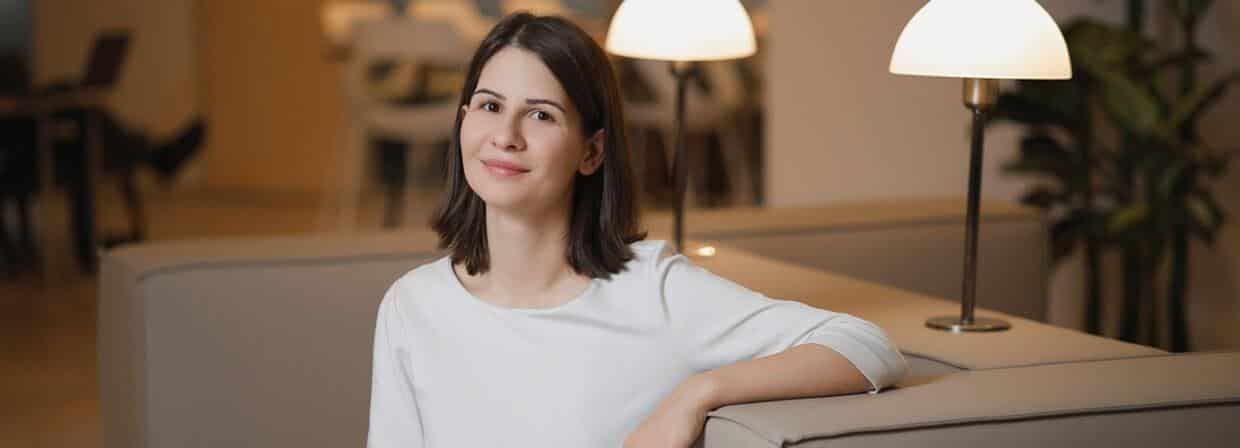
We talked to Mine Ekinci, the founder of the Village Schools Change Network (KODA), about their association KODA, which aims to improve education in village schools, and her journey.

Can you tell us about your own story before coming to KODA? How did your paths cross with village schools?
Originally from Yalova, we moved to my grandmother’s village in Yalova when our house was moderately damaged after the Marmara Earthquake. Since then, my own family has also lived in the village. That’s why I have a connection with the village since childhood, but I have never studied in village schools. I came to Istanbul after graduating from Robert College. Because I have always wanted to do something about social life, I have been involved in non-governmental organizations since I started high school. I studied Political Science and International Relations at Boğaziçi University. During my university years, I suspended my registration and went to France, where I worked at a training center for the disabled for about a year. After returning to Boğaziçi, I gave private lessons. My interest in education comes partly from this private lesson period. During these years, I crossed paths with some schools in Istanbul. My work with these schools made me think of village schools. I thought about what we could do in village schools, which are in nature, close to families, and where teachers can take more initiative. First, I met in my own village, then with schools in different villages. While I was having these meetings, I was also continuing my education, I completed my master’s degree in education policies at Harvard University. I wrote a Support to Village Teachers project for a social entrepreneurship course I took during my master’s degree, which is considered KODA’s first project. We founded KODA in 2016, approximately six months after returning to Turkey. What follows is KODA’s story.
KODA is an association that works to ensure that children in the village receive a better education. What are your association activities?
We are not an association that does charity work, we are pursuing a more systemic solution. We support village teachers and families in the villages. We try to produce different solutions and transform education policies and institutions. We have teacher meetings, once a month, village teachers who want to participate come together and share information. They can both share their problems with each other and receive mentoring support from KODA on the issues they need. It is a process that increases teachers’ motivation and supports their personal and professional development. Apart from this, we also work with education faculties. In the beginning, we started with teachers in the profession, with teacher communities, but then we realized that teachers need to see this world before they are appointed. We created a course called “First Step” for teacher candidates at the faculty. Within the scope of this course, they acquire theoretical information about village schools for a semester. We also take students to village schools to enable them to practice. Apart from this, we also bring together newly appointed teachers with experienced teachers and provide them with remote mentoring. Creating communities, providing mentoring, and supporting the needs of faculty of education students are among our main projects.
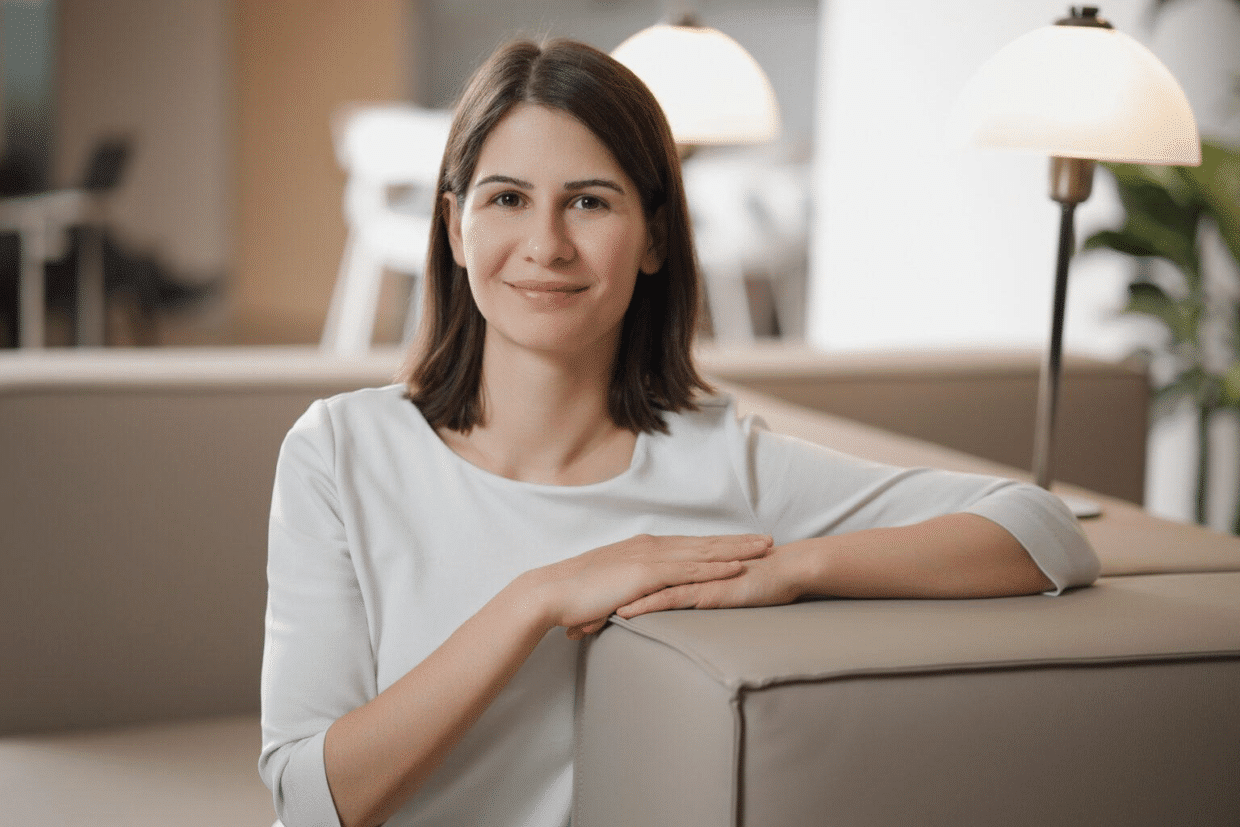
Do you also contact families?
Yes, we also do family training. We meet with families sometimes online and sometimes through teleconferences. We touch on topics such as child development, nutrition, hygiene and positive discipline. On the other hand, we also have a research-field side. We take this step to our training and R&D center in Orhaneli. We develop solutions to the problems of village schools and carry out pilot applications here. Our aim is to make the solutions we find applicable by disseminating them throughout Turkey.
How can we support KODA?
You can apply for volunteering via our website. It is possible to volunteer in various tasks, such as in the field or communicating with families. Another way is to donate. Since there is no holding or group behind KODA, our regular donors are very important to us.
Often you go to village schools and touch people’s lives. How does it make you feel emotionally?
I’ve been in it for so long. That’s why my life and values are intertwined with the work I do. It is very nourishing to work with people who work for the same mission. It’s a great feeling to be able to see the results of our actions.

Can you tell us about an unforgettable memory from village schools?
I went to visit the school where a teacher friend from the first teacher community we founded worked. After the lesson was over, the students formed a line and hugged their teachers one by one. But the line they formed continued in a loop and they hugged their teachers again and again, so no one could come out. It took us almost an hour to leave the classroom that day. I saw how valuable the space created by the teacher at school was for the children and that they did not want to leave it. Especially for children growing up under difficult conditions, school can mean a lot beyond education.
How do you find the educational situation in rural areas and villages today?
Inequality in education is a big problem for the whole world, even among the most fundamental problems. Türkiye also experiences similar problems. Everything is more difficult for those far from the city. Academic research also shows that the educational opportunities of people living in rural areas are lower than those living in cities, even if their income levels are equal. The problem is very complicated and cannot be solved with a magic wand. There is the teacher aspect of the issue, there is the curriculum problem of multigrade classes, there is the infrastructure problem of villages… However, I would like to say this; The education provided by very good teachers in rural schools can be better than in urban schools with state-of-the-art classrooms and bright corridors. What a child needs is a teacher and nature.
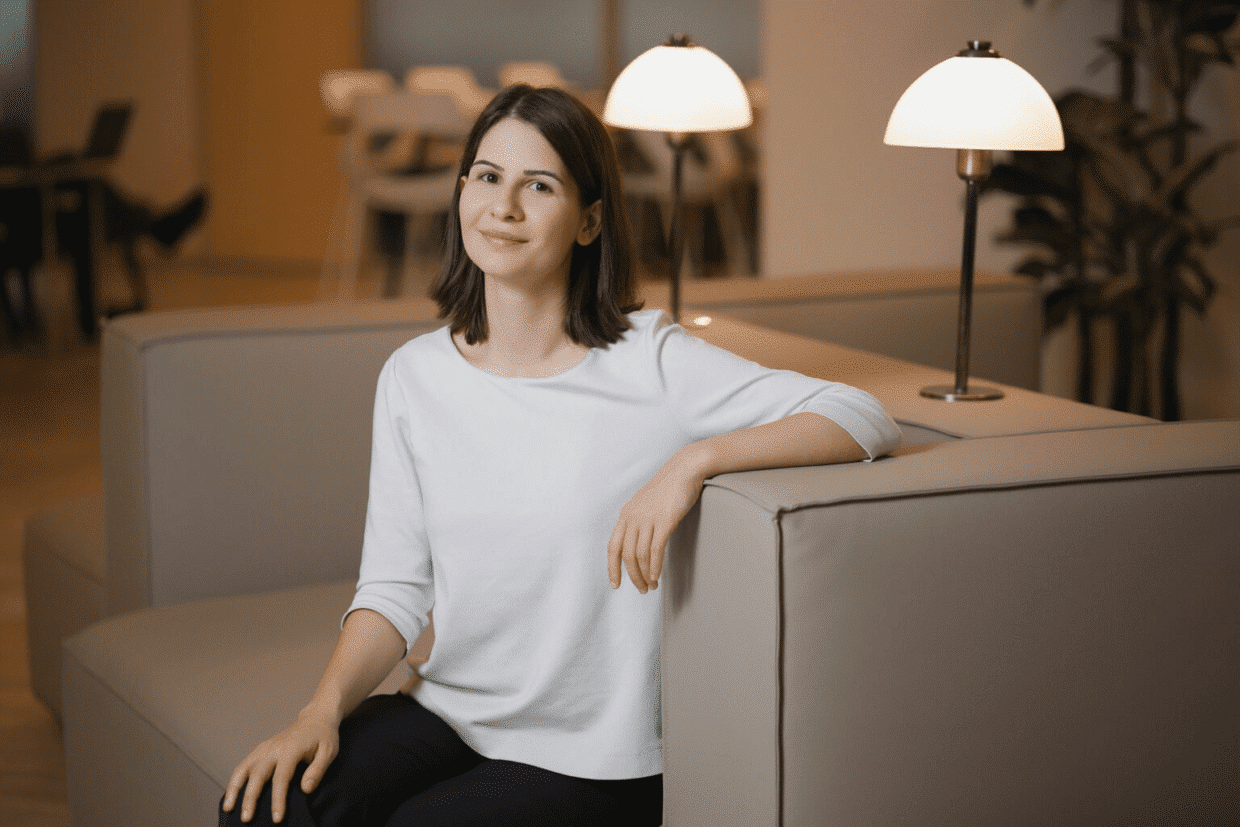
You are one of today’s inspiring women, touching the lives of both village teachers and students. So, who inspires you on this journey?
I don’t have an inspiration or a role model. But writing is very good for me. If an emotion is too much, I want to put it on paper immediately. I think the more I write, the more problems become smaller and more manageable. And there are things I learned from KODA, the most important thing is to be on the road. Of course there are problems, but when you get stuck on the road you can move forward. Being on the field and working with my teammates also increases my motivation.
When village schools are mentioned, the first thing that comes to my mind is libraries. Before finishing the interview, I want to ask this; Which authors would you like to have in the library of a village school?
The Little Prince is the first book that comes to my mind; It is both very inspiring and appeals to all age groups. I think it is very important to have diversity that can show children different worlds. I would like books showing different worlds, cultures and countries to be in the libraries of village schools. Some children have difficulty even reaching the city center, so it is important to open their vision. I would like all village schools to have libraries full of books that will show children different aspects of life.


